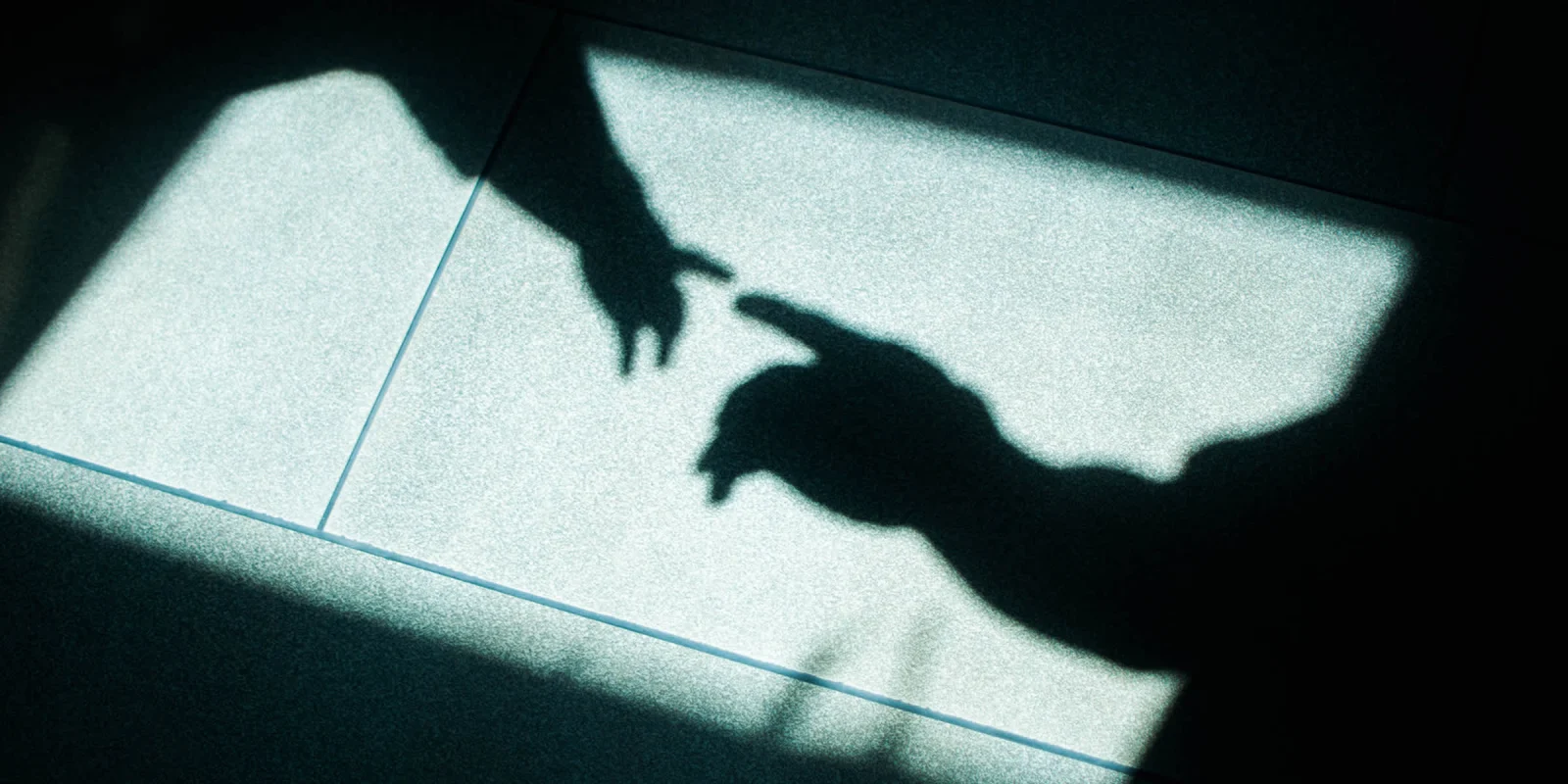Not too long ago, my wife and I welcomed our beautiful son into the world. He came to us wide-eyed, crying, and already so loved. He came home to a warm nursery full of playful stuffed bears, soft blankets, and shelves of picture books waiting to be read aloud. From the moment he arrived, he was surrounded by comfort, safety, and people ready to meet his every need. His cries were met with hugs, his hunger with milk, and his presence with overwhelming joy.
Only days before my son was born, I was finishing my pediatrics rotation at the end of my clinical year. My last patient of the year was another baby. "K" was a medically complex 3-month-old admitted for severe failure to thrive. He had spent a month in the NICU after birth and had a G-tube in place. He was gaunt in a way no baby should ever be. The word cachectic in his chart couldn't begin to capture his appearance. His ribs protruded beneath paper-thin skin, and he cried in a pleading way I've never heard before or since. It was past fear, past desperation. He wasn't crying for comfort anymore; he was crying because he'd been denied everything he was programmed to need. It was the sound of a baby unraveling in the silence of neglect.
During his entire hospital stay, not a single loved one came to visit. I spent hours by his crib each day after rounds rocking him, talking to him, gently pedaling his legs when his belly was tight with gas. I learned to read his face: when he needed to be held, when the feeds were sitting wrong in his stomach, when he just couldn't take the silence anymore. I started to learn his cues and how to respond to each one. At times, I loved it and at others it wrecked me. I would cry on my drive home after his tougher days.
I tried to fight for K. I pushed for neurology, genetics, and gastroenterology. I tried because I could see how the system was starting to give up, not out of malice, but exhaustion. When medicine runs up against the concrete wall of social complexity, we often retreat into what's "realistic." We start to make compromises, convincing ourselves they're in the patient's best interest. And maybe sometimes they are. But often they reflect a system stretched so very thin. It isn't about laziness or selfishness; there's rarely a simple solution we're just ignoring. The truth is, the care of medically and socially complex children is just that: complex. I certainly didn't do enough for K, and that will stay with me.
I never met the family, and K wasn't much of a conversationalist. But I'd like to believe I gave him some comfort in such a difficult time, so far from everything he knew. There's no billing code for that kind of connection, no note template for what it means to simply show up. Maybe it's entirely my imagination or my selfish hope to be a good father and caregiver, but I think we found something like trust. If I was able to give him even a flicker of warmth in a world that had already been so cold, then that's more than enough for me.
Now, when I hold my son in our quiet nursery, surrounded by soft bears and gentle nightlights, I think about K. I feel the weight of my son's small body on my chest and hope K is being held by someone who loves him. How easily their roles could have been reversed. Both were born vulnerable, innocent, and full of need, each reaching out into the world for warmth, and each deserving an arm to hold them close.
Two babies, born in the same hospital just feet apart, both deserving of the same love. Same age. Same tiny fingers curling reflexively around mine. Two babies, who are already moving in opposite directions, shaped not by their own choices, but by the gravity and randomness of the worlds they were born into. I carry both of them with me, and they shape who I am as a father and who I'm becoming as a physician. My son reminds me of the joy and hope that can fill a nursery. K reminds me what it means when that hope is missing. My son's smile lights up a room, effortless and expected. K's silence filled one, heavy and unnatural. My son taught me how deeply I can love. K taught me how fiercely I want to protect. My son shows me what it means to be needed. K showed me what it means to be forgotten.
K reminds me that while we can't fix everything, we can always show up. We can choose to sit beside the crib, to listen, to notice the quiet needs. In a system that too often settles for "good enough," he taught me that presence is a form of care. The complexity of our patients' lives can be overwhelming, but that doesn't excuse us from bearing witness. If anything, it demands that we stay present, not because we have the perfect solution, but because showing up is where care begins.
Eli Brennan is a fourth-year medical student at UMass Chan Medical School pursuing a career in anesthesiology. He has a special interest in patient advocacy, health policy, and emergency preparedness and response. Outside of the hospital, he spends his time as a father, firefighter, and EMT.
Image by Karl Tapales / Getty Images







